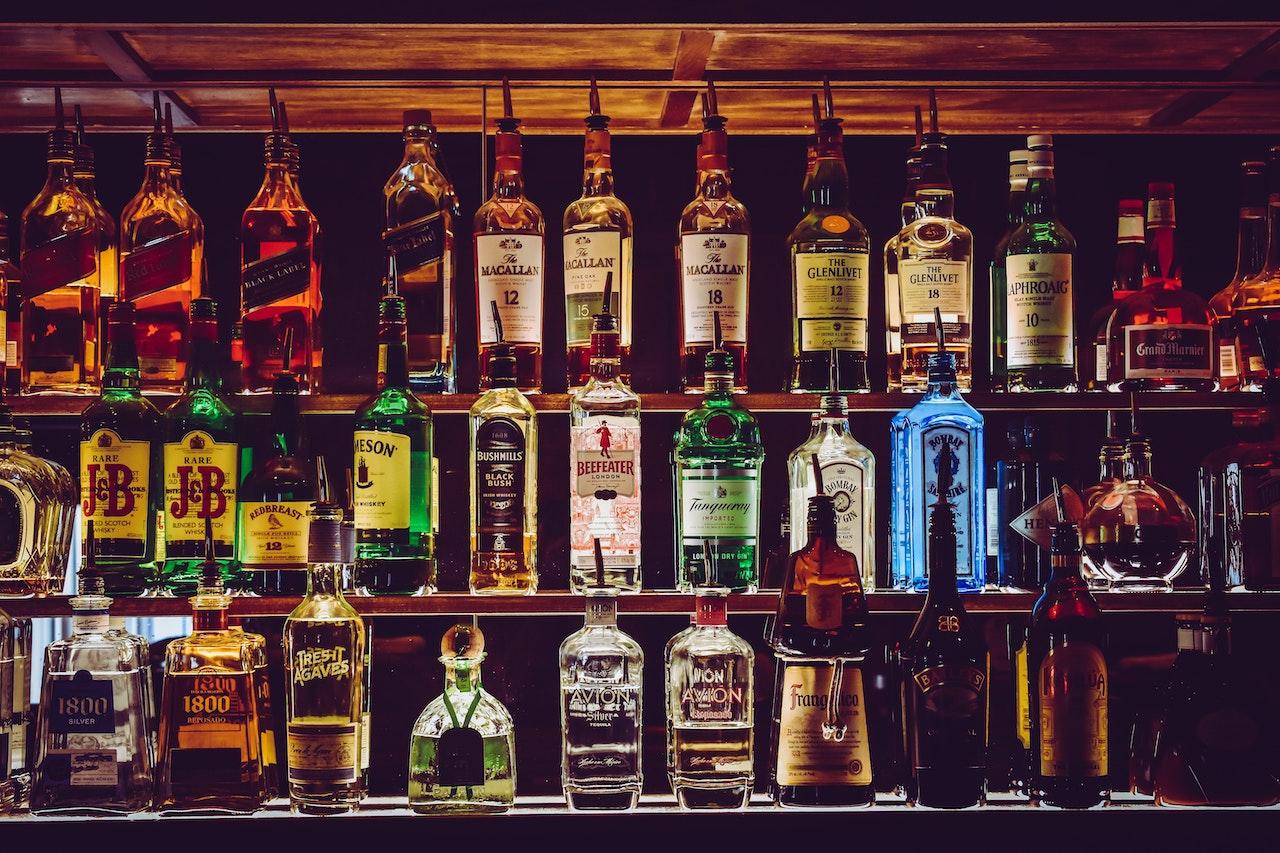Banning sale of liquor might backfire, experts warn
They say the focus should be on curbing excessive drinking, not drinking in general.
Just In
Health experts have questioned the extent to which the recent ban on the sale of hard liquor at convenience and grocery stores in the capital city will further the stated objective of curbing social problems, saying the move might even backfire, resulting in the opposite effect.
The ban, which came into effect early this month, prohibits the sale of liquor at such premises although beer can still be sold during specific hours and away from other beverages.
It sparked a strong backlash from the public as well as a group of MPs who said it was inconsistent with the government’s “Malaysian Family” branding and unfair to non-Muslims.
But rights aside, health experts speaking to MalaysiaNow said the ban might not help reduce social ills.
Dr Koh Kar Chai, president of the Malaysian Medical Association, said there is a difference between curbing alcohol consumption and curbing excessive alcohol consumption.
“We should be looking at ways to reduce excessive alcohol consumption,” he said.
“Banning the sale of liquor in such places will just divert the drinking public to other sources of purchase.”
Koh also questioned the likelihood of a drop in excessive alcohol consumption due to the ban on hard liquor at sundry shops, saying such beverages would still be available at other outlets that are permitted to sell liqour.
“Banning the sale of liquor in such places will just divert the drinking public to other sources of purchase.”
Dr Philip George, a psychiatrist and specialist in addiction medicine, said a dramatic drop in access to alcohol could result in the same failure seen in the US during the prohibition period in the 1920s.
Although the consumption of alcohol decreased at the outset of the ban, it eventually rebounded while criminal activities grew and became more organised.
George said the more important thing would be to cut off access to cheap liquor in stores, adding that such beverages are often not subject to quality control measures. He cited a lack of proper distillation process, giving rise to toxic levels of methanol that could lead to death.
Cheap liquor also often comes in small portions, which makes it more accessible, he said.
Mei Tan, who works at a grocery store, agreed that the ban on the sale of liquor at some premises would not have much impact in curbing excessive alcohol consumption.
“People will still be able to get alcohol at other places, legally or worse, illegally,” she said.
Other ways of circumventing the ban would be to stock up on alcohol at home, or to buy cheap liquor online, she said.
“I don’t think the ban will have much impact unless the government classifies alcohol as a controlled item where one person can only buy a certain amount.”
Heineken Malaysia spokesman Renuka Indrarajah agreed that illegal alcohol is a concern in the country.
Speaking to MalaysiaNow, she said over-regulation and further raising excise duties would make legal products more expensive, fuelling the illicit market and resulting in a lower tax collection.
“People will still be able to get alcohol at other places, legally or worse, illegally.”
She also said that the company strives to take the lead in advocating responsible alcohol consumption.
“Our commitment to responsible consumption lies in our responsible marketing code, and the material is reviewed on eight principles including restricting exposure to minors and not associating brands with anti-social behaviour or over-consumption,” she said.
George said consuming alcohol in moderation has been shown to be beneficial for health, adding that it is the heavy use of alcohol that should be discouraged.
“In communities where alcohol use is permitted, social drinking in moderation has been shown to be beneficial and moderate amounts of alcohol consumed in a social setting can enhance positive emotions and social bonding as well as relieve negative emotions among those drinking,” he said.
Moderate drinking also appears to have positive effects on the heart and circulatory system and could provide some measure of protection against type-2 diabetes and gallstones.
On the other hand, heavy drinking is a major cause of preventable death in most countries, he said.
“So in essence, alcohol is both a tonic and a poison.”
Koh agreed that social drinking is not an issue. As medical doctors, he said, excessive alcohol consumption is viewed as a disease that needs to be treated.
He also spoke of a need to uncover the cause of people’s dependence on alcohol as a temporary escape from problems.
Mei meanwhile said there are other ways to approach the issue.
“For a start, the government should be stricter in enforcing the regulations on buying and selling alcohol,” she said.
“For example, make sure everyone who wants to buy alcohol shows their IC beforehand.”
For George, it is also an individual matter. He said the consumption of alcohol by youngsters or Muslims cannot be entirely blamed on the availability of alcoholic drinks as it depends on a person’s values and principles.
“If our values and principles are poor or shaky then the desire to abuse and use substances can increase,” he said.
Subscribe to our newsletter
To be updated with all the latest news and analyses daily.
